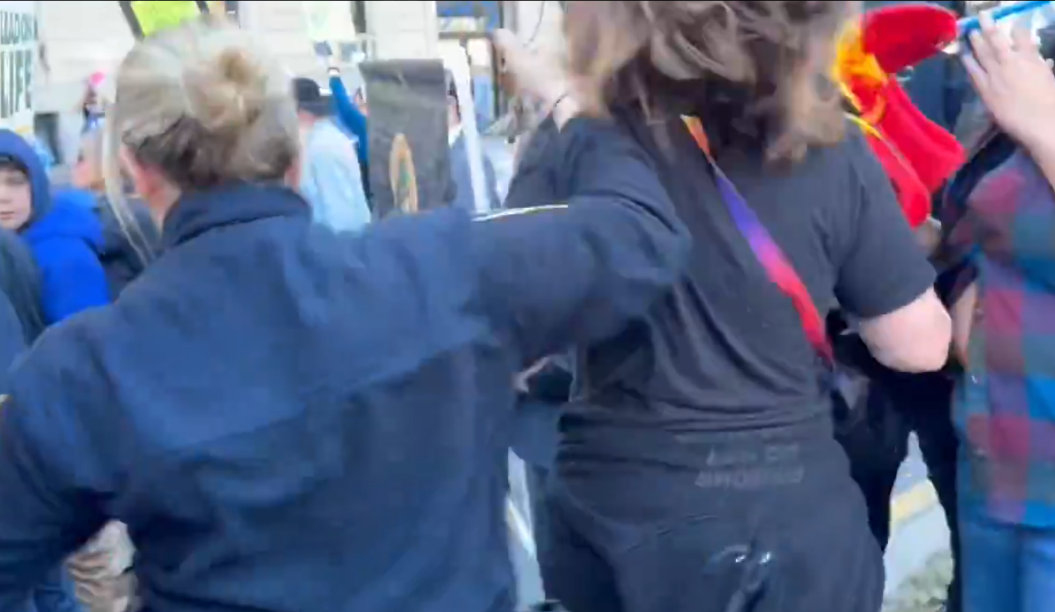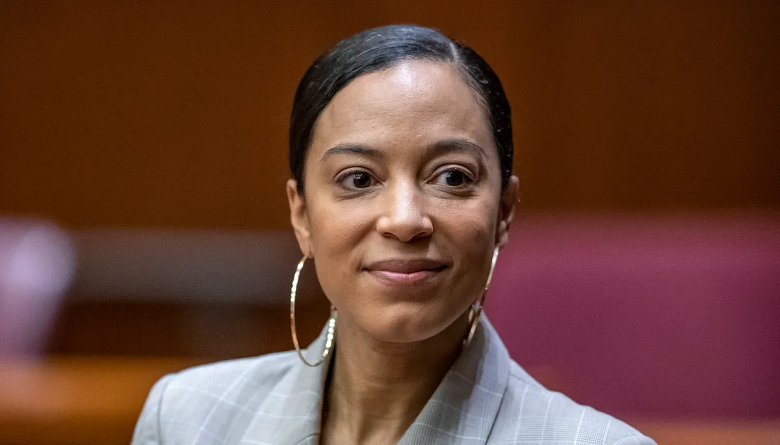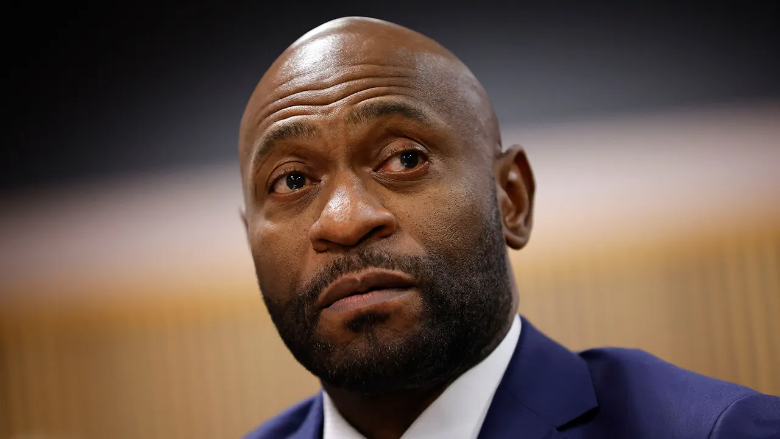Tensions flared in Boston this weekend as more than a dozen pro-abortion activists were arrested for allegedly disrupting a peaceful men’s pro-life demonstration. The National Men’s March to Abolish Abortion and Rally for Personhood, a city-permitted event, was met with a large counter-protest that police described as “unlawful, riotous, and tumultuous.”
The incident culminated in the arrests of 14 individuals, including activists ranging in age from 18 to 40. According to police, the protesters face charges of disorderly conduct and disturbing a public assembly.
The National Men’s March began at 11:00 a.m. outside a Planned Parenthood facility on Commonwealth Avenue and proceeded over three miles to the Boston Common, where a rally was held at Parkman Bandstand. This demonstration aimed to draw attention to the pro-life cause and advocate for the abolition of abortion.
However, the march encountered resistance at Kenmore Square, where several hundred pro-abortion counter-protesters, some dressed as clowns, blocked the pro-life group’s path.
“Upon the convergence, each group was screaming/shouting at each other,” stated the police report. Protesters reportedly directed their anger at officers, threatening them and attempting to escalate tensions.
Authorities repeatedly ordered the counter-protesters to allow the march to continue along its planned route, but the crowd refused to comply. The situation escalated as some activists resisted physical attempts by police to clear the way.
“This unruly crowd began pushing back at officers, elevating their disorderly and unlawful activity to assaultive,” the report added.
The disruption created what police described as “an extremely hazardous and offensive condition” for both the pro-life demonstrators and law enforcement. Officers eventually regained control, allowing the march to proceed.
Those arrested include individuals identified as Julia Coughlin, 26; Jennifer Adams, 22; Joseph McDonald, 26; and 11 others, ranging in age from 18 to 40. They were charged with disorderly conduct and creating a hazardous public environment.
At various points along the route, police erected barricades to separate the opposing groups. However, some protesters attempted to dismantle the barriers, further escalating tensions.
“Pray — you’ll need it. Your cause will be defeated,” counterprotesters shout in Kenmore Square as a swarm of Boston police officers gather — pushing against the crowd and appearing to throw some people on the ground. pic.twitter.com/a0kvHfgiXE
— Shannon Larson (@shannonlarson98) November 16, 2024
The counter-protesters criticized the National Men’s March as an “out-of-state organization” aiming to restrict women’s reproductive rights.
“The Men’s March is not welcome here, and we will not allow their narrative to go uncontested,” counter-protesters declared.
Chants of “our bodies, our choice” echoed through the crowd, with some activists rattling barricades and confronting police.
Jim Havens, co-founder of the Men’s March, delivered a speech addressing the tension.
“We have a bunch of very angry people and others who are literally dressed as clowns calling us Nazis and fascists,” Havens said. “It’s sad to see people so upside down in their perception of reality.”
Havens emphasized the march’s goal of promoting love and dialogue, urging those opposing the march to abandon hate and join their cause.
“To those who have fallen for the lie, we love you and you’re not alone,” he said. “Many who are here now standing for love and against this evil once fell for the lie of abortion too.”
Despite the contentious atmosphere, Havens called for unity and understanding.
“We are not your enemies, and you are not our enemies,” he said, urging both sides to focus on love and healing.
He invited opponents to engage in constructive conversations, advocating for a peaceful resolution to the abortion debate.
The Men’s March website states its mission as rallying men to protect vulnerable women and children and abolish abortion. The event’s presence in Boston, a traditionally liberal city, highlights the deep divide on abortion rights in America.
Counter-protesters criticized the march as an attempt to undermine reproductive autonomy, reflecting the growing polarization over abortion access since the Supreme Court overturned Roe v. Wade.
This clash in Boston underscores the heightened emotions and stark divisions surrounding abortion in the U.S. As both sides continue to advocate passionately for their beliefs, the potential for similar confrontations remains high.
Law enforcement officials emphasized the need for peaceful protest and dialogue, warning that disruptive actions could lead to legal consequences.
For now, the Men’s March and its supporters plan to continue their advocacy, while pro-abortion activists remain equally determined to challenge their message. The question of how to bridge this ideological divide remains unresolved, leaving a deeply polarized nation grappling with one of its most contentious issues.


